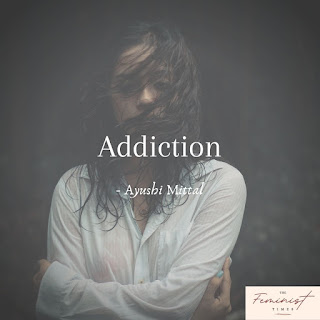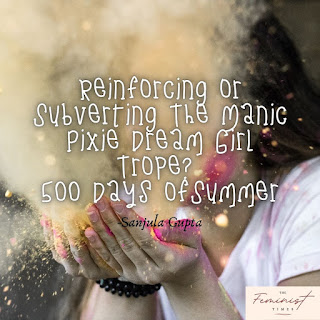Taming of the Shrew
Manusmriti, one of the oldest and the most ancient Hindu text is single handedly responsible for the
degradation of the power and position of women. Manusmriti has described the threat that
unmarried menstruating woman pose to the social equilibrium along with vivid details of how
women should be tamed by father, brother, husband and ultimately the son. According to
Manusmriti women shouldn’t be allowed to live independently. It’s misogynist and patriarchal
reflections can be still seen in the institution of Hindu marriage. Every institution has its foundations
in patriarchal norms and values and marriage is not any different. Even the word husband has sexist
connotation. Husband comes from the word “husbandry” which means the master of cattle, master
of house. The usage of this term, equates women to cattle, where “master of the house” has the
ownership of her and is ultimately responsible to tame her.
These sexist and patriarchal values associated with marriage is socialized to us from a very young
age. From a very young age girls are drilled with ideas that their ultimate goal of their life is to be
married and have kids. Marriage is used as a tool to tame women. Once married, parents are finally
free of their responsibility and hand it over to husband who will now take up the role as the master,
as the guardian of their legally adult daughter. This reflected in the usage of terms like “paraya
dhan”, “shaadi ke baad pati ke saath ghumna”, “beti paryai hoti h” etc etc. The concept of kanyadan
has patriarchal underpinnings. Kanyadan is basically the ritual in Hindu traditional marriage where a
father gives up his duties and responsibilities towards his daughter to the prospective groom. Here,
the daughter is objectified, treated as someone with no agency of her own, ready to be handed over
to another male. Again, a reflection of the patriarchal ideals endorsed by Manusmriti.
This idea is so deeply ingrained in us that we don’t even know that it exists. There is one particular
memory that I can recall vividly. It was around 8:30 pm, I was 11 or 12 years old. I spent my time
hanging out with my mom, watching crappy, melodramatic over the top saas-bahu sagas. One such
episode of a prime time serial showed the issue of marital rape. It was bold of the channel to air this
concept in the prime-time slot. The backdrop of the episode was that the husband and wife were
having an heated argument and to assert his dominance the husband sexually assaulted her. The
next few episodes showed her journey to get justice, and how she was subjected to humiliation at
the hands of the law enforcement agencies (panchayat, police and the court room) that considered
it, as a “right “of every married man to have sex with his wife. I was baffled by the entire concept. It
was not that I wasn’t aware of the concept of rape and sexual assault, but the concept of marital
rape for my 12 year old mind was a puzzle. How can a wife claim that his husband has raped her
when they are married?? . Isn’t marriage supposed to be a licence to have sex and subsequently
have babies? A husband can have sex with his wife whenever he pleases and all the aforementioned
conditions are only for unmarried women. I voiced my question out loud to my mother. My mother
held me, looked me into the eye and said, “It is still a rape, if you don’t want to engage in physical
relationship with any man, even if he is your husband.” This was my first lesson on consent. As , I
look back on this day, I realize that I was lucky enough to be corrected by my mother, but there are
little girls who grow up thinking it is okay for their husbands to hit, rape and dominate their wives
and entire generation of boys who grow up believing that it is their duty as husbands to tame their
unruly wives. This particular instance from my childhood has shaped me to be the feminist I am
today and also made me aversive to marriage and it underlying ideals of ownership and subjugation.
Many a times it is said that feminists are home wreckers. My only response to them is that any
institution that thrives on systematic subjugation and oppression of women that is fuelled by
patriarchal and sexist ideals is better left broken.
------------------------------------------------------------ Ansita



Comments
Post a Comment